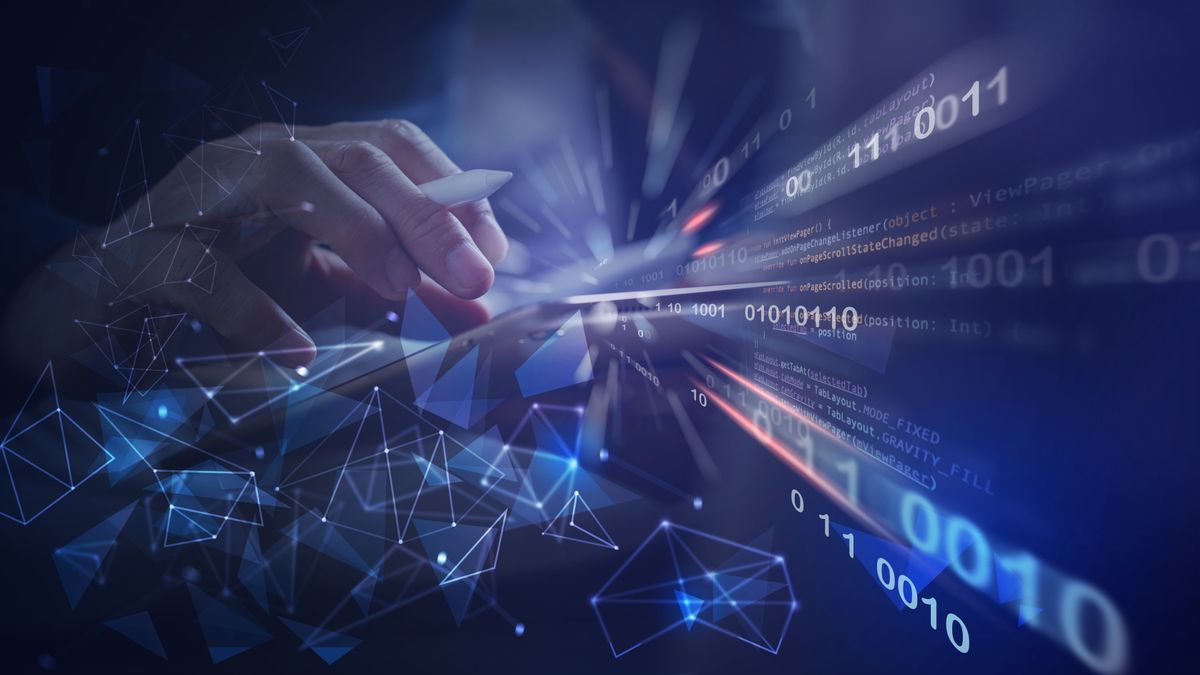Microsoft: AI Struggles with Software Debugging – A Setback for Automated Development?
Microsoft's ambitious foray into automating software debugging with AI has hit a snag. While the tech giant has been aggressively pushing the boundaries of artificial intelligence, recent findings suggest that their AI-powered debugging tools are facing significant challenges in effectively identifying and resolving complex software errors. This news raises important questions about the future of automated software development and the limitations of current AI technology.
The struggle highlights the intricate nature of software debugging, a task that often requires deep understanding of code logic, context, and the overall system architecture – elements that current AI models seem to struggle with. While AI can excel at identifying simple syntax errors or easily detectable bugs, the complexities of modern software systems present a significant hurdle.
The Challenges of AI in Software Debugging
Several key factors contribute to the difficulties faced by AI in tackling complex software debugging:
- Ambiguity and Context: Software bugs often stem from subtle interactions between different parts of a program. AI struggles to interpret the nuanced context required to understand the root cause of an error. A seemingly simple bug might be a symptom of a deeper, more complex issue hidden elsewhere in the code.
- Data Dependency and Bias: AI models are trained on datasets of code and bugs. If the training data is biased or incomplete, the AI's ability to accurately diagnose problems will be compromised. This could lead to inaccurate diagnoses or the complete missing of critical bugs.
- Lack of Explainability: A major drawback of many AI systems is the "black box" nature of their decision-making. Understanding why an AI identifies a particular code section as problematic is crucial for developers. The lack of transparency makes it difficult to trust and verify AI-generated fixes.
- The Human Element: Software development is inherently creative and problem-solving oriented. Debugging often involves intuition, experience, and a deep understanding of the specific domain the software operates in. These human elements are currently difficult, if not impossible, for AI to replicate.
Implications for the Future of Software Development
This setback for Microsoft's AI debugging efforts doesn't necessarily signal the end of AI's role in software development. However, it serves as a crucial reminder of the limitations of current technology. It highlights the need for:
- More robust and diverse training data: AI models need access to a wider range of codebases and bug types to improve their accuracy and generalizability.
- Improved explainability and transparency: Understanding the reasoning behind AI's diagnoses is vital for developers to build trust and utilize AI effectively.
- A collaborative approach: Rather than replacing human developers entirely, AI should be viewed as a tool to assist them, augmenting their abilities and freeing up their time for more complex tasks.
Looking Ahead: AI and the Debugging Landscape
While AI-powered debugging tools might not yet be ready to fully automate the process, their potential remains significant. Continuous research and development are necessary to overcome the current challenges and unlock the full potential of AI in improving software quality and developer productivity. This includes exploring new AI architectures, incorporating symbolic reasoning techniques, and developing more effective methods for explaining AI decisions. The future of software debugging likely involves a synergistic relationship between human expertise and AI assistance, rather than a complete replacement.
Keywords: Microsoft, AI, Software Debugging, Automated Development, Artificial Intelligence, Software Engineering, Debugging Tools, Machine Learning, Code Analysis, Software Errors, AI Limitations, Future of Software Development
(Note: This article is for informational purposes and does not represent a definitive statement on Microsoft's specific AI debugging project. It's based on publicly available information and general trends in the field.)

